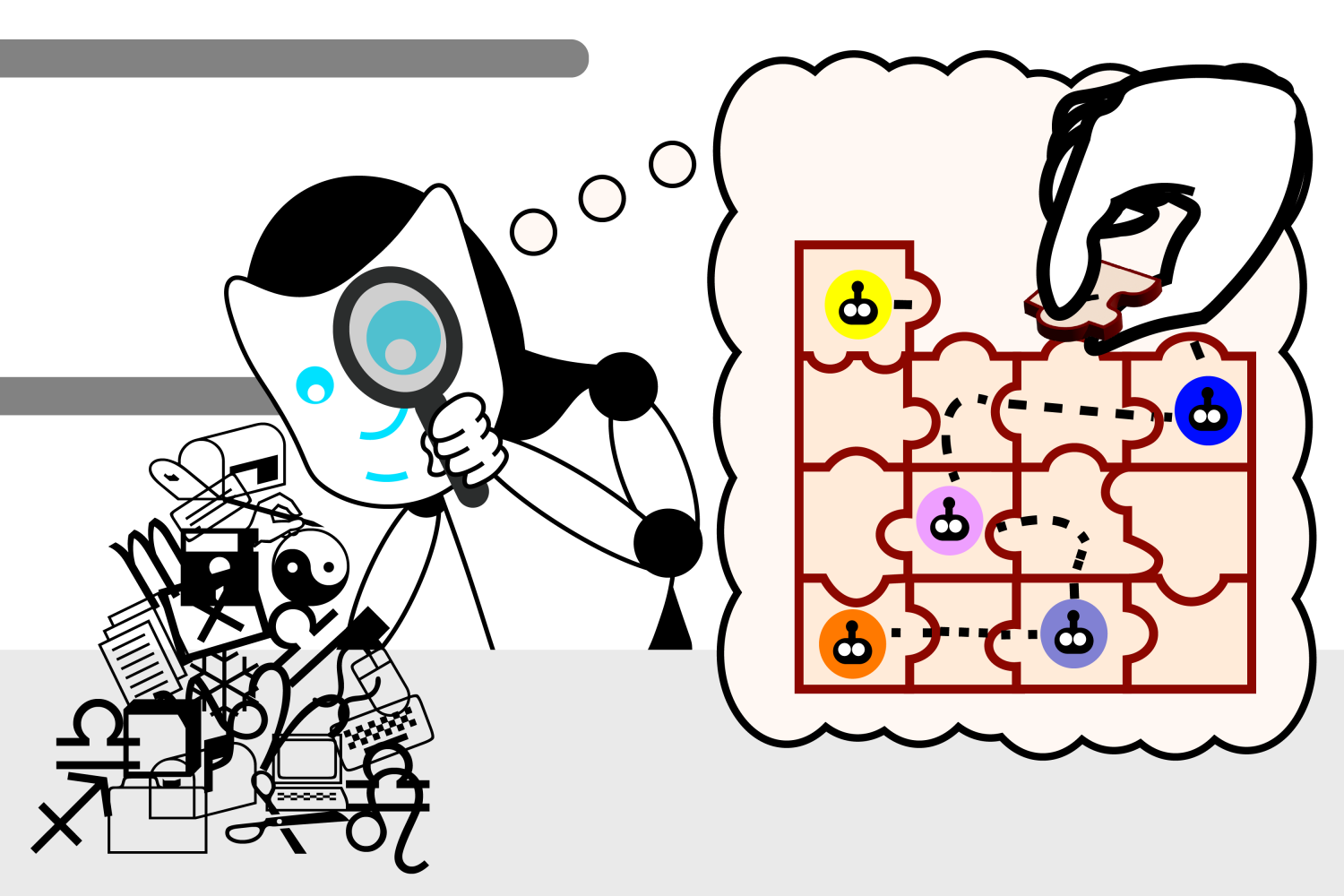“An intriguing open question is whether the LLM is actually using its internal model of reality to reason about that reality as it solves the robot navigation problem,” says Rinard. “While our results are consistent with the LLM using the model in this way, our experiments are not designed to answer this next question.”
The paper, “Emergent Representations of Program Semantics in Language Models Trained on Programs” can be found here.
Abstract
We present evidence that language models (LMs) of code can learn to represent the formal semantics of programs, despite being trained only to perform next-token prediction. Specifically, we train a Transformer model on a synthetic corpus of programs written in a domain-specific language for navigating 2D grid world environments. Each program in the corpus is preceded by a (partial) specification in the form of several input-output grid world states. Despite providing no further inductive biases, we find that a probing classifier is able to extract increasingly accurate representations of the unobserved, intermediate grid world states from the LM hidden states over the course of training, suggesting the LM acquires an emergent ability to interpret programs in the formal sense. We also develop a novel interventional baseline that enables us to disambiguate what is represented by the LM as opposed to learned by the probe. We anticipate that this technique may be generally applicable to a broad range of semantic probing experiments. In summary, this paper does not propose any new techniques for training LMs of code, but develops an experimental framework for and provides insights into the acquisition and representation of formal semantics in statistical models of code.



Science cannot say much about what it is to think since it doesn’t understand the brain well enough … and the day we can fully explained it, we will also be able to replicated it on computers.
Science can and does quantify what our brains do vs what an LLM does though. That’s the point. That’s why the brain knows when it’s supplying wrong information or guessing but the LLM does not.
The LLM can provide wrong information. What it can’t do is intentionally lie.
i agree with you that we are much better than LLMs in the fact we can verify our errors (and we can do much more things LLMs don’t do).
Still i am happy to have access to their vast memory and i know where they fail most of times so i can work with them in a productive way.
The day we provide them (or DNNs) with “Will” is i think when they will become (more) dangerous.
Gotta use extra heavy quotes around “will”… Mixing up AI pseudo-science with fascist pseudo-science.
Nah fam. You’re comparing this thing to yourself and other humans because to you it sounds like us. “Sounds like” is the phrasing conspiracy theorists use to try to make correlations regardless of whether they make sense or not without filling in any actual facts. Either you know and understand how they work and are researching this and have a valid rebuttal or you don’t. But an assumption does not make anything you said fact. People who are researching this have already refuted this claim.
You don’t even know what the word “will” would mean in this context, or that it would provide an LLM with the kind of consciousness required to be sapient. So can we stop arguing if you just admit that you like using LLM’s so you have a bias and a poor understanding of what they are and aren’t.
Wild pseudo-scientific generalization.
There are many many things that are fully explained but will never be replicated on computers. Eg. Any numerical problem bigger than a computer.